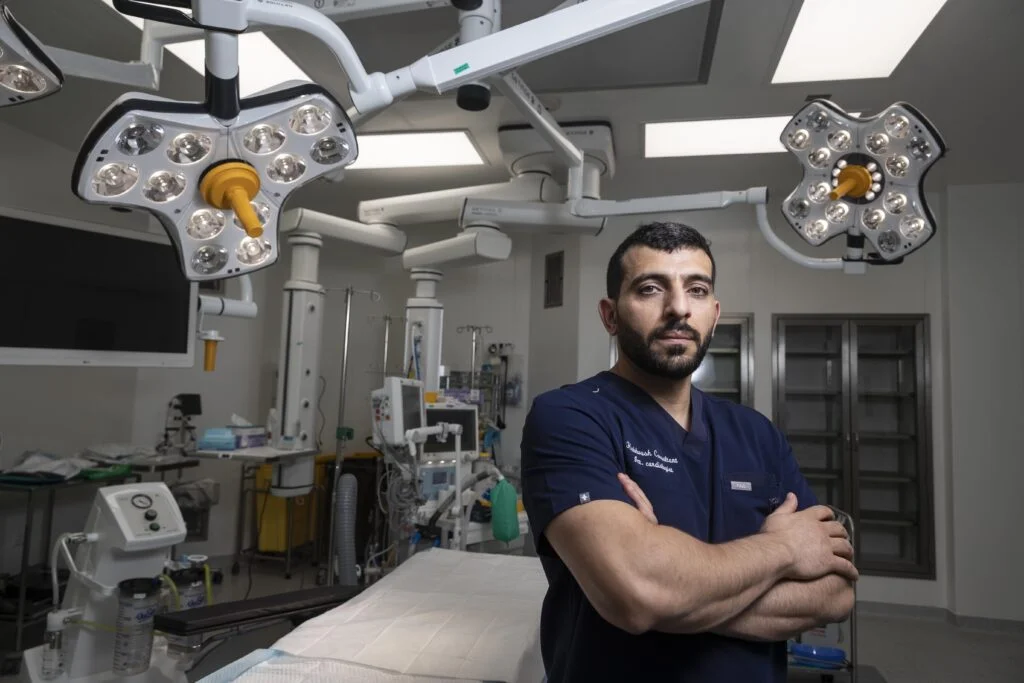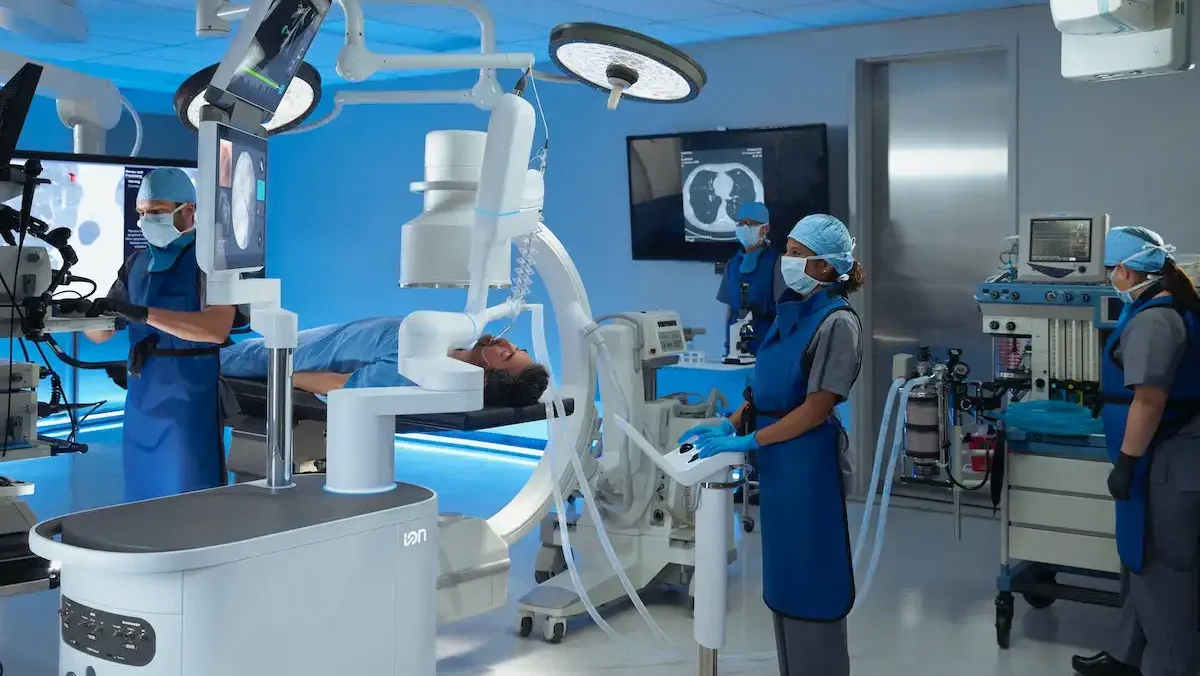In a historic move for global healthcare, the United Arab Emirates has officially opened the world’s first hospital fully managed by artificial intelligence (AI). Located in Abu Dhabi, this new medical facility is already gaining global attention for its advanced technologies and bold vision.
The hospital is not just using AI for some tasks—it is running entirely on AI, from patient intake to treatment and even administration. This groundbreaking achievement marks a major milestone in the UAE’s journey toward becoming a global leader in smart healthcare and digital innovation.
A Bold Step Towards the Future
This AI-managed hospital was developed by Abu Dhabi Health Services Company (SEHA) in partnership with leading technology and medical experts. Every part of the hospital’s operation, including diagnosis, treatment plans, monitoring, and support services, is powered by advanced AI algorithms.
Unlike traditional hospitals, this one does not depend on human doctors or nurses for primary diagnosis. Instead, intelligent systems assess patients using data collected from wearable devices, medical records, and real-time scans. These systems offer faster, more accurate results—reducing waiting times and increasing treatment precision.
The UAE leadership believes that this is the future of healthcare. By using AI to handle repetitive and time-consuming tasks, human doctors can focus more on specialized care, research, and human interaction when needed.
How the AI Hospital Works

The moment a patient enters the hospital, AI takes control of the entire journey.
Patients are greeted by robotic assistants who take vital signs and update electronic health records. They are then guided through check-ups and tests without needing to wait in long queues. AI systems instantly analyze test results, cross-reference them with global medical databases, and suggest treatment plans.
Patients can speak with AI-powered virtual doctors via screens or smart devices. These virtual doctors answer questions, explain procedures, and even offer emotional support in several languages. Human doctors are available if a case requires a second opinion or complex decision-making, but most services are AI-led.
The hospital also uses AI for operational tasks like scheduling surgeries, managing inventory, and ensuring cleanliness and hygiene through robotic maintenance systems.
Benefits for Patients and Healthcare Workers
This AI-run hospital offers major benefits, especially in terms of speed, efficiency, and accuracy.
For patients, this means:
- No more long waiting times
- Instant test results
- 24/7 access to health services
- Clear, data-based diagnoses
- Personalized treatment plans
For healthcare workers, the pressure is reduced significantly. AI handles large volumes of patient data and routine tasks, allowing doctors and nurses to focus more on patient care and research.
This kind of system is also ideal for remote areas or during emergencies, where human resources are limited. AI can manage a large number of cases with consistent quality, helping bridge healthcare gaps.
Supporting the UAE’s National Vision
This launch supports the UAE’s national agenda for digital transformation and future-readiness. It aligns with major goals such as:
- Making the UAE a global hub for innovation
- Improving quality of life through smart healthcare
- Preparing for a future powered by AI and technology
The AI hospital is part of a larger movement to embrace smart solutions in all sectors. From smart cities to self-driving transport, the UAE continues to lead the region in digital development. Healthcare, being a top priority, is receiving strong government support for innovation.
Safety and Trust in AI

Some people may wonder if AI can be trusted with life-and-death decisions. To address this, the hospital’s systems have been tested under strict international standards. All AI operations are monitored continuously, and regular audits ensure that systems are updated with the latest medical knowledge and ethical guidelines.
In critical cases, human experts step in to oversee or review AI decisions. This “hybrid backup” system makes sure patients always receive safe, quality care.
The UAE has also introduced new legal frameworks to ensure responsible AI use in healthcare. These include data protection laws, ethical standards, and AI safety certifications.
What This Means for the World
With this launch, the UAE has positioned itself as a true pioneer in the future of healthcare. Other countries are closely watching this project to learn and adopt similar technologies. This hospital is more than a local achievement—it is a model for what healthcare could look like in the next 10 to 20 years.
From reducing human error to improving access and lowering costs, AI hospitals may soon become more common worldwide. The UAE’s early adoption gives it a strong advantage as a knowledge leader and technology exporter in the healthcare field.
Looking Ahead
Officials have already announced plans to expand AI healthcare across the country. More AI hospitals may open in Dubai, Sharjah, and other emirates in the coming years. Training programs are also being developed to help future medical professionals work alongside AI tools.
The UAE hopes to collaborate with international institutions, offering its AI systems to help in global crises, remote areas, and war zones. The long-term vision includes creating a global network of AI-powered healthcare centers that provide consistent, high-quality medical services to anyone, anywhere.
Final Thoughts
The opening of the world’s first fully AI-managed hospital in Abu Dhabi is not just a medical achievement—it’s a symbol of human progress and vision. It shows how far technology can go when guided by clear goals, strong leadership, and a commitment to public good.
Also read: Qatar Airways Adds Latin America Routes: New Flights Revealed


